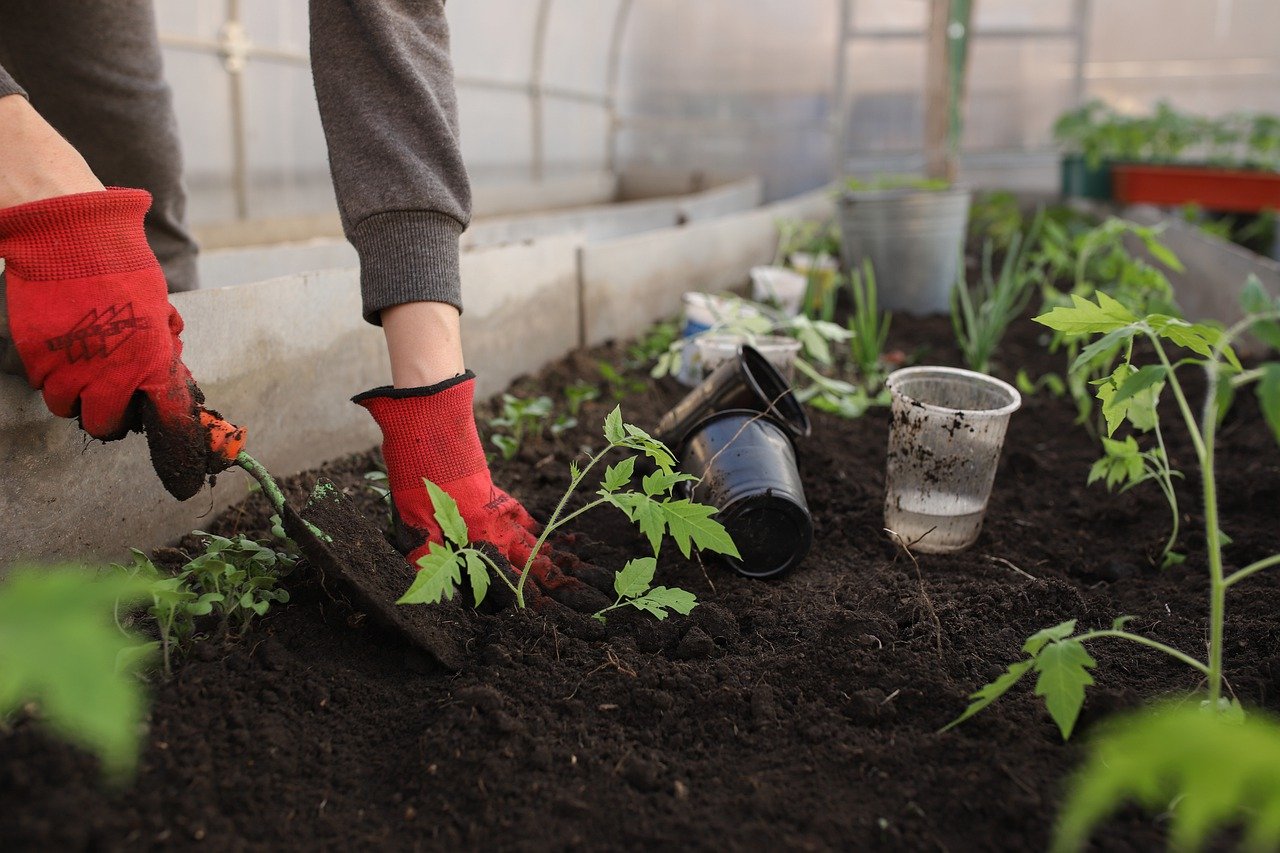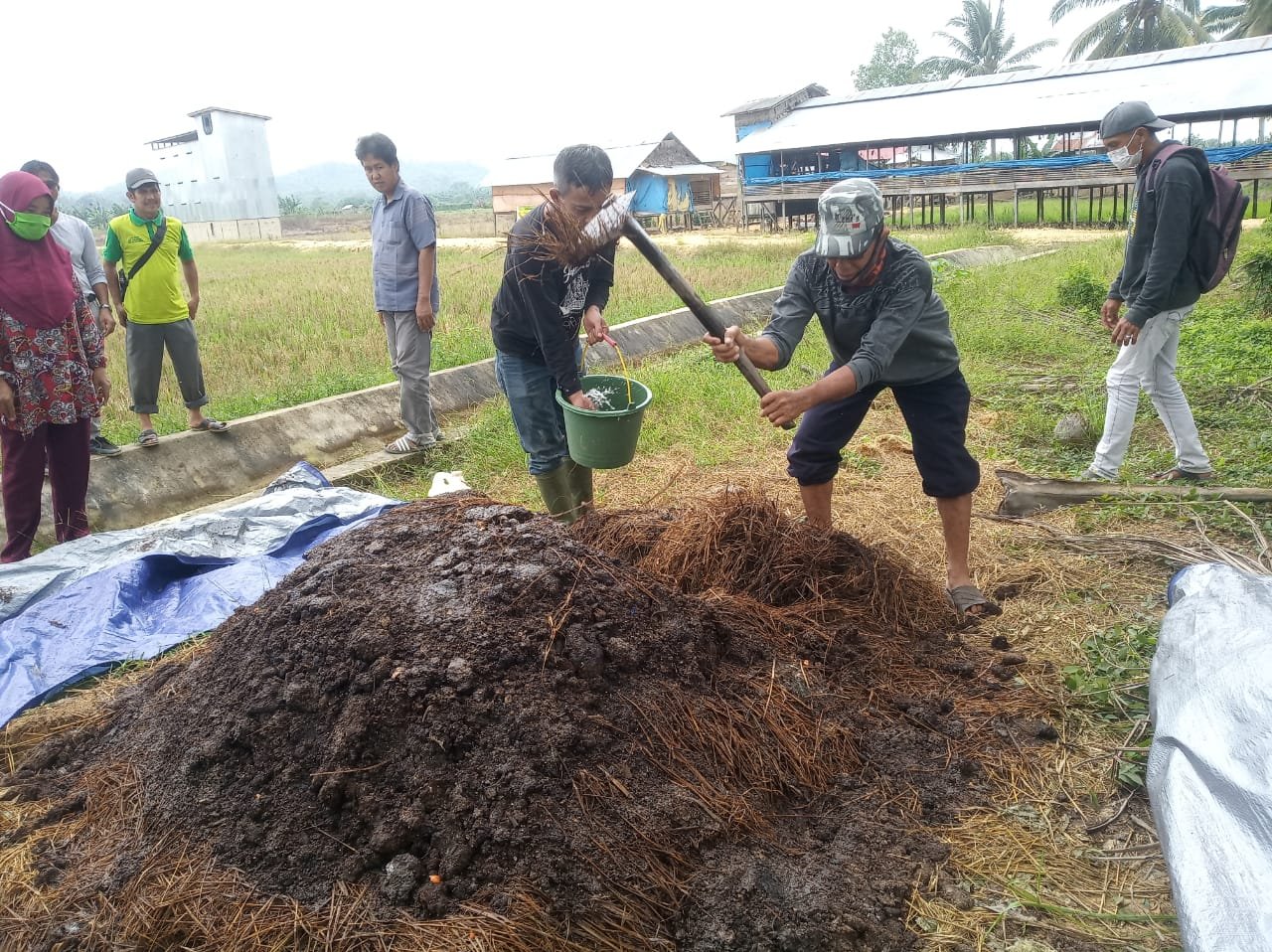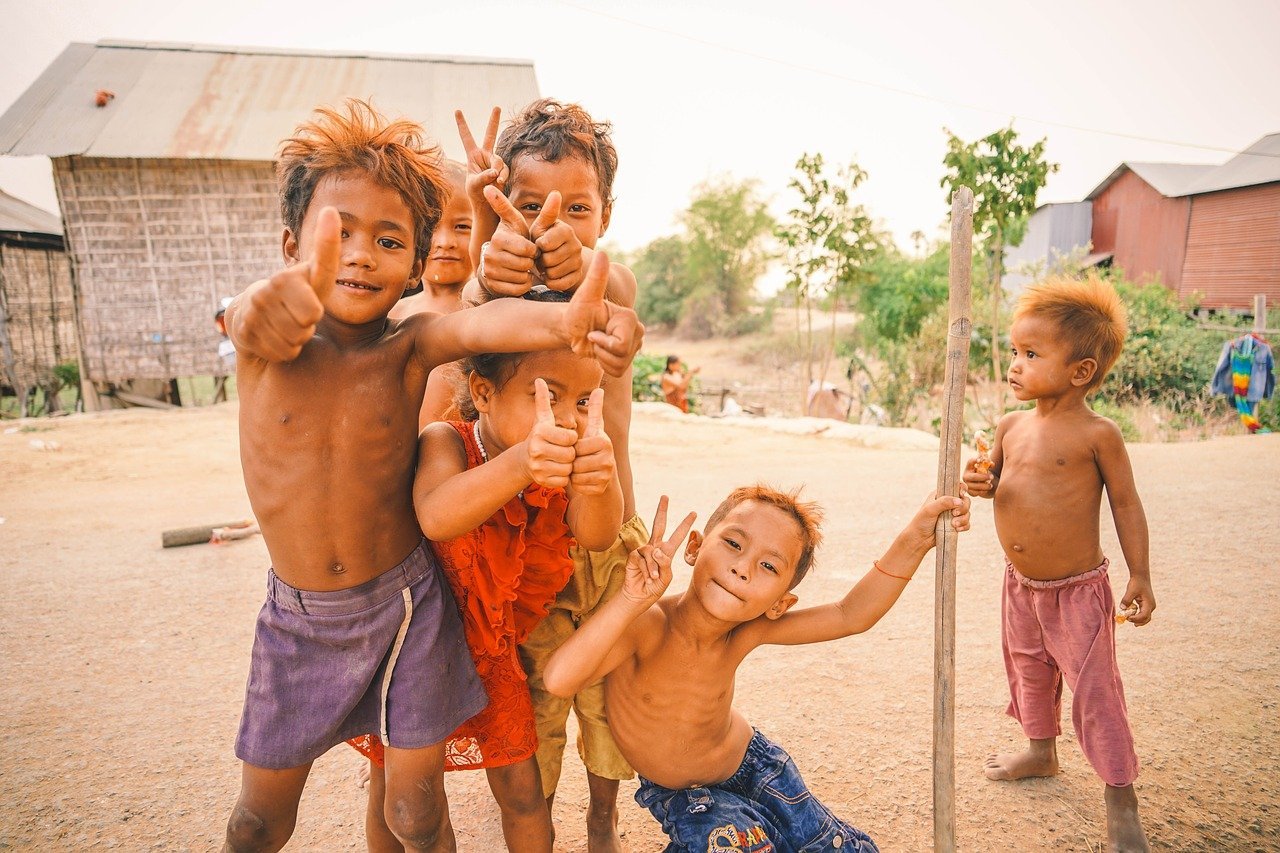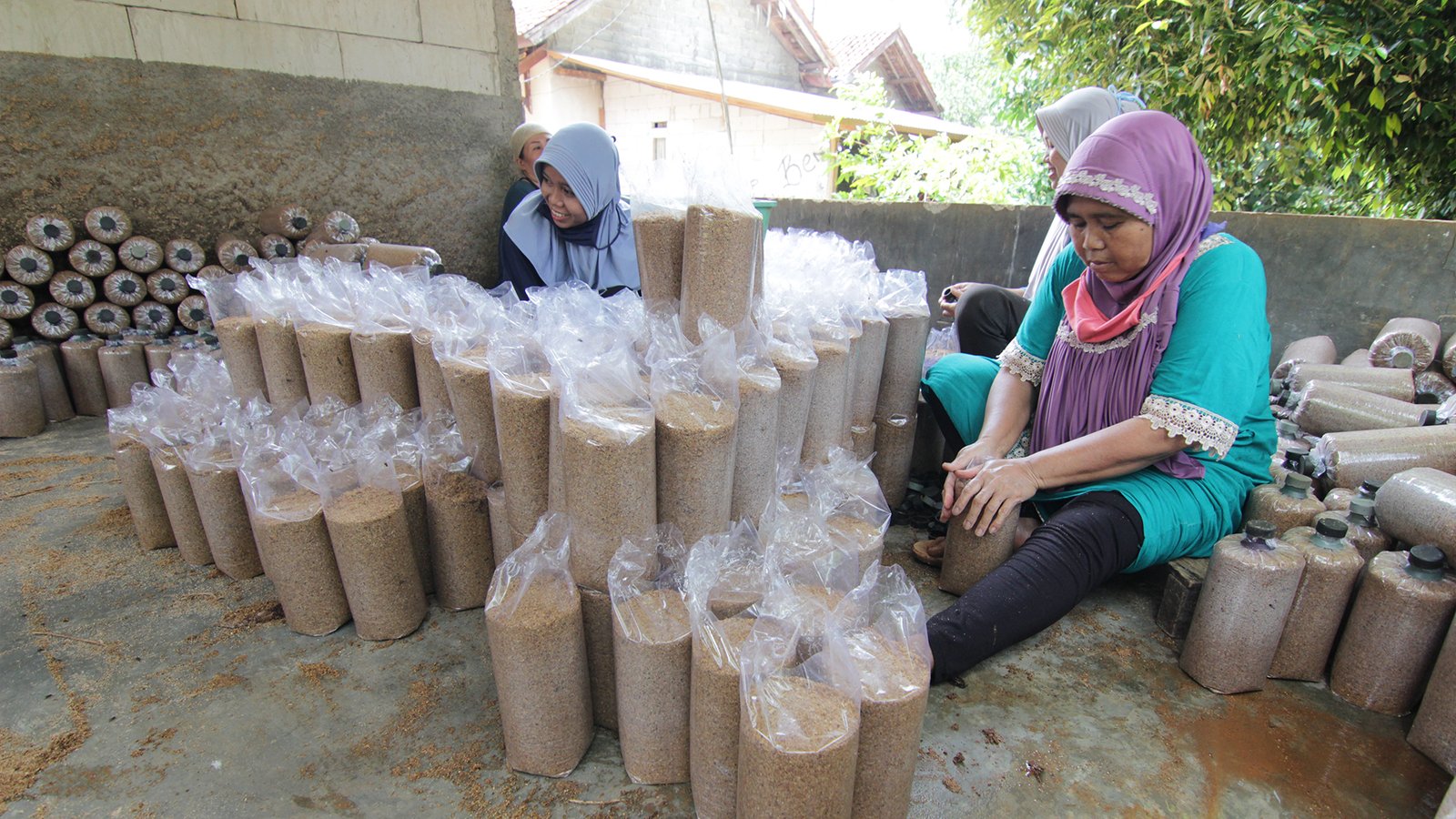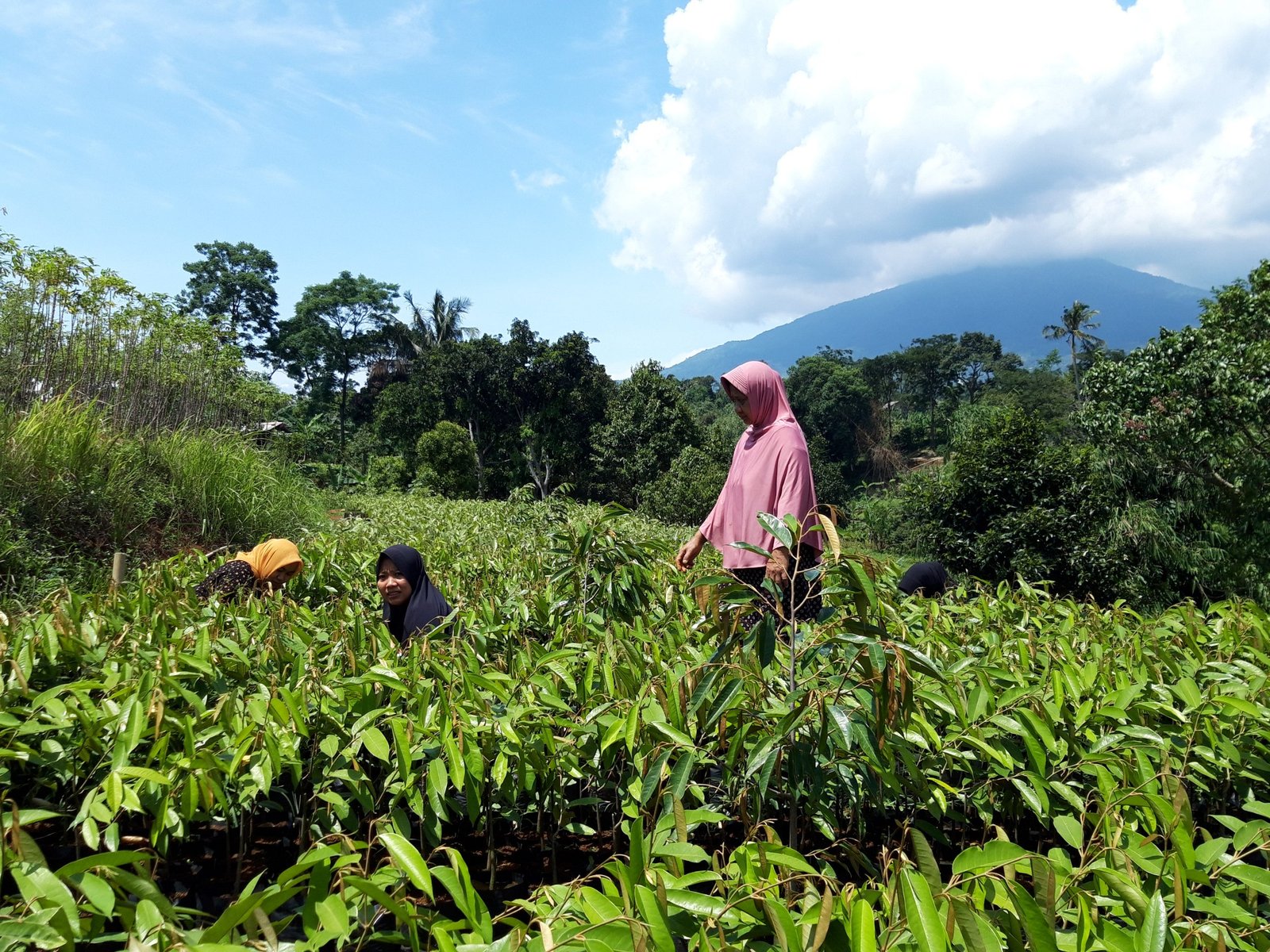The Tourism Awareness Program launched by the Ministry of Tourism and Creative Economy (Kemenparekraf) and regulated in the Regulation of the Minister of Culture and Tourism Number PM.04.UM.001 / MKP / 2008 concerning tourism awareness is one of the important programs for tourism development in Indonesia.
One of the breakthroughs made by the Ministry of Tourism and Creative Economy to support the increase in tourist visits is by conducting the Tourism Awareness Movement and Sapta Pesona Action campaigns. The Tourism Awareness Movement itself aims to increase public awareness around tourism destinations.

The Tourism Awareness Program, which was first rolled out in 2008, needs to be adjusted to the development of tourism that occurs in today’s society. To increase the capacity of the community in tourism villages in integrated tourism management with the improvement of the socio-economic welfare of the community, the Ministry of Tourism and Creative Economy collaborates with Bina Swadaya Konsultan together with the Center for Tourism Studies of Gajah Mada University and Indecom to review the Tourism Awareness Program that has been running to date.
The location of program activities is carried out in 3 Super Priority Villages (DSP), namely: Lombok, West Nusa Tenggara. Borobudur, Yogyakarta and Prambanan, DIY and Central Java, and the last one in Toba, North Sumatra.
In general, the purpose of this tourism awareness review program is to increase the understanding, understanding, and limited capacity (basic) of the community about tourism awareness in the new era that provides benefits for the welfare of rural communities.
The orientation of the new tourism awareness program will be aimed at changing the mindset in a participatory manner, where tourism is an activity that needs citizen support while providing benefits to improve community welfare. For this reason, the target of this new tourism awareness program is to increase understanding, understanding, and limited capacity (basic level) of the new tourism-aware content.
For 6 months running, the approach to the implementation of conscious tourism was carried out in an informative, persuasive, and educational manner. Tourism awareness activities are carried out through lectures, workshops, discussions, competitions, pilots, and pioneering.
Community empowerment programs in tourism development and development are strategies to encourage the improvement of community welfare around tourist destinations. Along with the development of people-centered development approaches, community-based tourism programs are also developing in Indonesia.
This was realized by the emergence of the Tourism Awareness Group (Pokdarwis) revitalization program as an instrument for organizing community members involved in tourism management based on local natural resources.
Meanwhile, with the emergence of the Village Law, the management of village-based tourist destinations is also growing. Village communities in their authority can get support to manage tourist destinations by the character of the village and their respective resources.
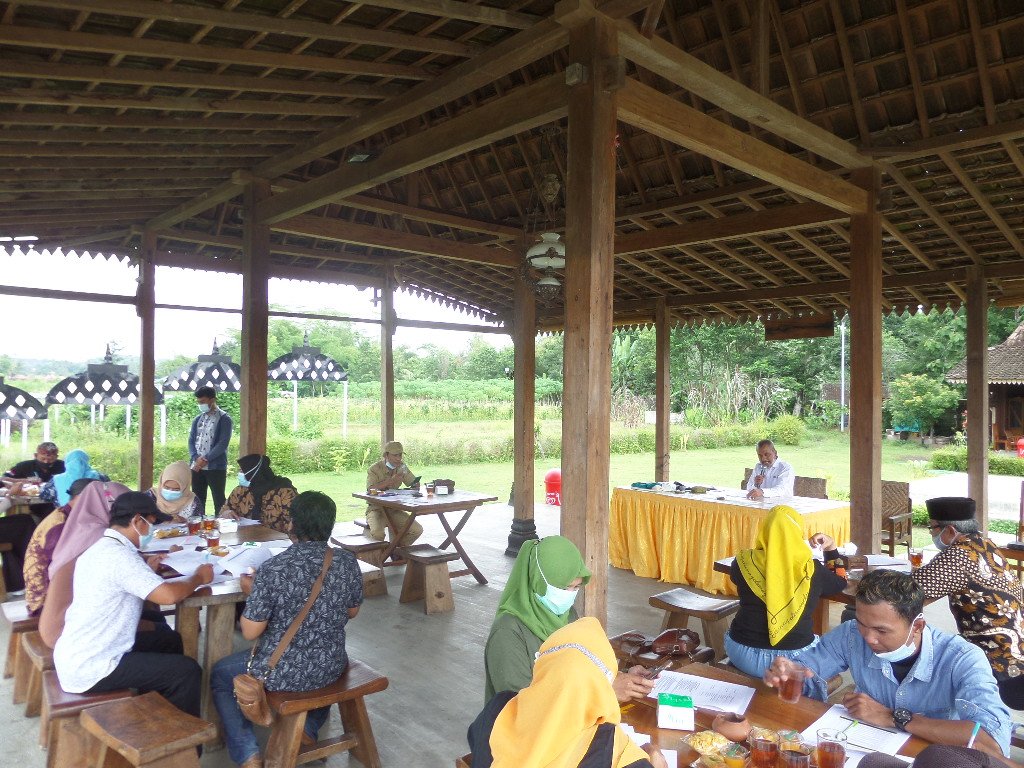
Tourism Awareness and Sapta Pesona which are important elements in supporting the development of tourism destinations cannot be realized without steps and efforts to grow and implement consistently in tourism destinations. Therefore, it is necessary to be aware of the active participation of the community in developing tourism awareness and Sapta Pesona together with other relevant stakeholders.
In the benchmarking analysis on tourism village development, Nglanggeran Tourism Village was chosen as one example of learning in Indonesia. The involvement of rural communities, especially youth, is an important indicator of the sustainability of tourism businesses in rural areas.
Data in 2014 which jumped sharply from 2013, with the number of visitors as many as 325,303 tourists was able to achieve total receipts of Rp1,422,915,000. However, since 2015 Pokdarwis has made policy changes in management, namely selling tour packages, conducting a reservation system, and selling tour packages that involve more rural communities.
The impact in 2019, although the number of visits decreased by 3 times from 2014, the number of receipts from tourism increased 3 times, amounting to Rp3,273,593,400. This is good news because it is proven that the increase in the quality of services and products is directly proportional to tourism income.
Meanwhile, the development of the tourism sector in DSP Toba is both an opportunity and a challenge for the Government of Indonesia. The problems and challenges in the development of tourism in Lake Toba based on the Lake Toba Integrated Tourism Master Plan (RIPT) 2020-2024 document include the decline in the quality condition of the lake and forest areas, poor sanitation and waste handling systems, low public knowledge and awareness about the meaning and value of regional resources, lack of understanding of the Regional Government to manage the area well such as spatial arrangements and tourist flows, as well as education to tourists, and lastly limited accessibility.
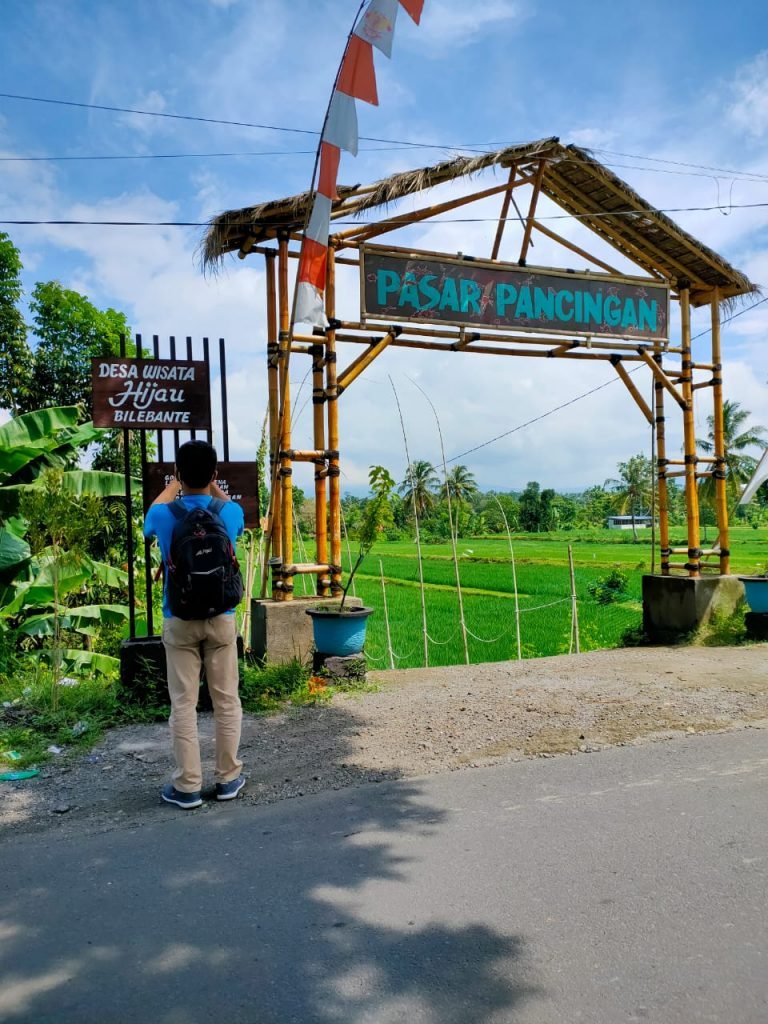
Based on this, it can be seen that the main obstacles in tourism development in DSP Toba are not only about infrastructure, but also include the need for Human Resources development, environmental improvement, and protection, and the need for harmonization of institutions that regulate tourism development in DSP Toba.
The implementation of the Tourism Awareness Review activity at DSP Toba can be seen as one of the efforts in the context of strengthening the Community Empowerment / Engagement Program that has been implemented by the Ministry of Tourism and Creative Economy, as well as for the preparation of the design (redesign) of the Tourism Awareness Program/community empowerment program that is more in line with current community developments.
Like DSP Toba, tourism development in DSP Lombok is also carried out by referring to the Lombok Priority Tourism Destination Master Plan (RIDPP) for 2020-2045. The preparation of the Lombok Priority Tourism Destination Master Plan (RIDPP) aims to consolidate participation and contribution to support tourism development in Lombok in an integrated and sustainable manner.
The main problems of tourism development in DSP Lombok that require integrated cross-sector handling according to RIDPP Lombok 2020-2024 include institutional governance, socio-economy, marketing, human resources, tourist experience, and infrastructure.
Based on these problems, it can be seen that tourism development in DSP Lombok has many real challenges. Therefore, the RSW program can be seen as one of the efforts of the Ministry of Tourism and Creative Economy to strengthen the aspect of increasing human resource capacity in DSP Lombok and improving and strengthening the implementation of programs that have been running.
The results of the Tourism Awareness Program Review will be a reference to support the transformation of the tourism sector during the Covid-19 pandemic and the Tourism Awareness campaign for the community that is more in line with current developments.

